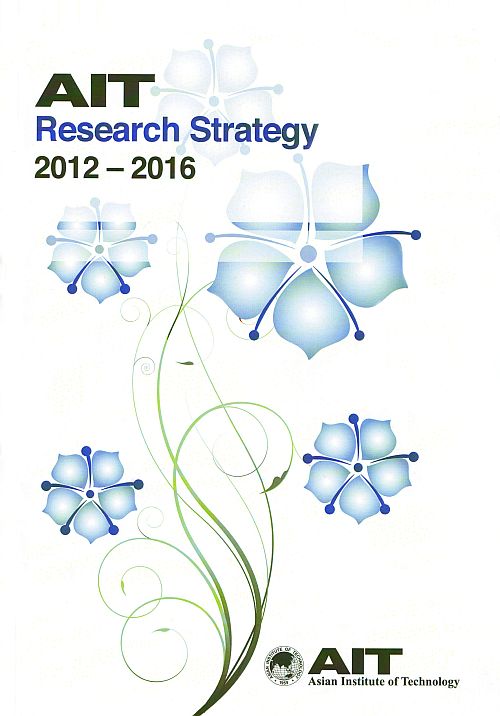Speaking at the “AIT Returns Home: Towards a Sustainable Future” event
on 24 February, the AIT Vice President for Research introduced the
document as a “roadmap for the direction of research at AIT for the
next five years.”
The strategy aims to leverage the institute’s demonstrated expertise
and position AIT as a leader in research themes under the broad
umbrella of “Sustainable Development in Context of Climate Change,” he
announced.
Starting now, AIT will focus on Disaster Risk Management, Sustainable
Land and Water Resources Management, Business Innovation Models for a
Green Economy, Urban and Rural Quality of Life and Sustainability, and
Lower Carbon, and Sustainable Production and Consumption Technologies
and Management as its five thematic research areas for the next five
years.
Read AIT Research
Strategy 2012-2016
“We need to create a critical mass of scientists and researchers
involved in these areas to have true, lasting impact,” the Vice
President said, as he called on the institute’s researchers to apply
their collective expertise as a foundation for building a niche area of
AIT research leadership.
According to Prof. Rakshit, the main objective of the strategy is to
significantly increase AIT’s contribution towards sustainable
development in Asia and beyond by 2016. This can be achieved, he
stressed, through participatory research in relation to climate change,
and through implementation of applications to address real-world
challenges.
Inter and trans-disciplinary scientific collaboration amongst AIT
researchers will be a key for success, he added, as will forming
partnerships with fellow scientists across the world.
Funded by the Swedish International Development Cooperation Agency
(Sida), the strategy involved 20 institute-wide consultation workshops
since work began in mid-2010. AIT Research Strategy 2012-2016 also
follows a rigorous application of Results Based Management (RBM)
framework, document contributor Mr. Ashish OM Sitoula said.
He added that overall the strategy will steer AIT to focus its
research on addressing country and regional needs. It will maximize
impact by involving the private sector and local communities, and
strive to strengthen quality assurance mechanisms, quality
collaborations and research spin-offs.
Change is a fact of life for all higher education institutions, Prof.
Rakshit reminded onlookers, saying AIT now seeks to transform itself in
to a regional research hub through targeted implementation, and by
aggressively pursuing research grants and research capacity building
initiatives.

AIT President Prof. Said Irandoust (right)
releasing the AIT Research Strategy 2010-2016. On the left is Prof.
Sudip K Rakshit.

